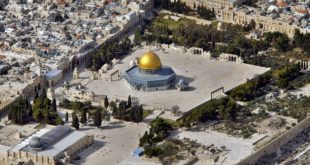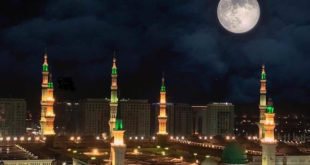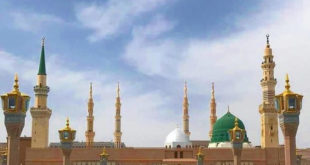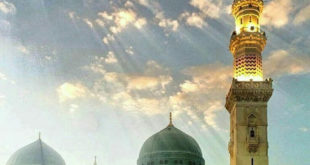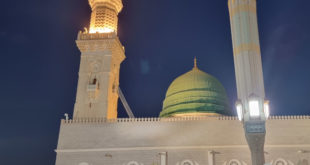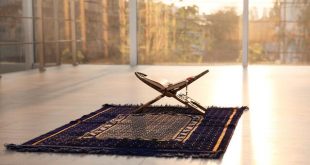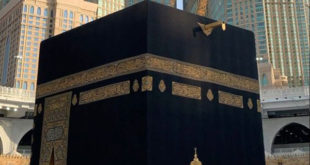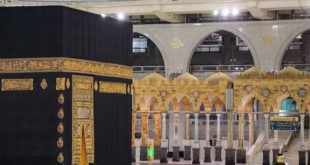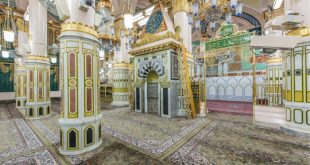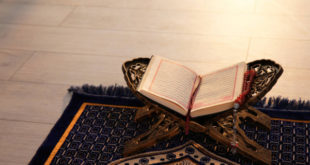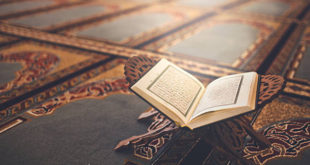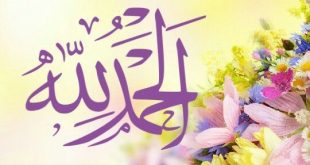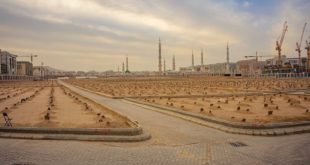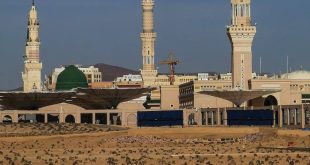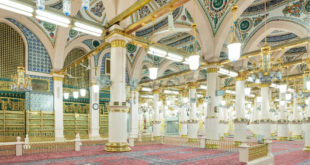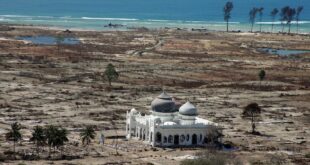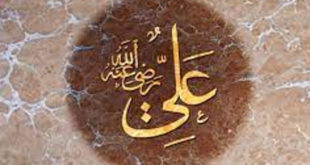Majlis of Hadhrat Moulana Muhammad Ilyas Patel Saheb on the 23rd of December 2014 Size: 5.8 MB Format: mp3 [haiku url=https://archive.org/download/Moulana_Ilyas_Patel_Majlis_Audio_Downloads/2014-12-23_Sherwood_Admitting_Mistakes_and_Repenting.mp3] Download
Read More »Recent Posts
February, 2015
-
3 February
The Qualities of a Muazzin
1. The muazzin should be a male.[1] عن ابن عمر رضي الله عنهما قال ليس على النساء أذان ولا إقامة (السنن الكبرى للبيهقي، الرقم: ١٩٩٦)[2] It is reported that Hazrat Ibnu Umar (radhiyallahu ‘anhuma) said, “Calling out the azaan and iqaamah is not the responsibility of women.” …
Read More » -
2 February
Virtues of the Muazzin – Part 2
1. The muazzin has been described in the Hadith as being from the best servants of Allah Ta’ala. عن ابن أبي أوفى رضي الله عنه قال قال رسول الله صلى الله عليه وسلم إن خيار عباد الله الذين يراعون الشمس والقمر والنجوم والأظلة لذكر الله (المستدرك على الصحيحين للحاكم، الرقم: …
Read More » -
2 February
Valuing every moment of One’s life
Hazrat Shaikh Moulana Muhammad Zakariyya (rahmatullahi ‘alaihi) once mentioned: Every moment of one’s life is extremely valuable. Hence, whatever time one finds to carry out righteous actions, one should value that time and utilize it profitably in carrying out good deeds. Nabi (sallallahu ‘alaihi wasallam) mentioned in the mubaarak hadeeth: …
Read More » -
2 February
Expediting the Journey of Love
Hazrat Moulana Ashraf Ali Thaanwi (rahmatullahi ‘alaihi) once mentioned: The saalik progresses in the path of sulook (i.e. the journey of acquiring the love of Allah Ta‘ala) far more swiftly through persevering patiently over the grief he experiences (on account of involuntary difficulties and hardships), than the progress through spiritual …
Read More »
-
The Brother-in-law of Rasulullah (sallallahu ‘alaihi wasallam)
Hazrat Talhah (radhiyallahu ‘anhu) was married to four wives. Each of his four wives was …
Read More » -
The Compass of the Hearts of the Sahaabah (radhiyallahu ‘anhum) – The Tolerance of Rasulullah (sallallahu ‘alaihi wasallam) – The Orchards of Love – Part Seventy Four
-
Tafseer of Surah Naazi’aat
-
The Extreme Generosity of Hazrat Talhah (radhiyallahu ‘anhu)
-
Securing the Blessings of Ramadhaan, Umrah and Hajj – The Tolerance of Rasulullah (sallallahu ‘alaihi wasallam) – The Orchards of Love – Part Seventy Three
-
Receiving Seventy Rewards
Hazrat Abdullah bin Amr bin Aas (radhiyallahu ‘anhuma) reported, “Whoever sends salutations upon Nabi (sallallahu ‘alaihi wasallam) once, Allah Ta‘ala and His angels will send seventy mercies and blessings upon him in return of his one Durood. Hence, whoever wishes to increase his Durood should increase it, and whoever wishes to decrease his Durood should decrease it (i.e. if he wants to earn great rewards, then he should increase his Durood).”
Read More » -
Increase in Sustenance
-
The Reward of Fasting on the Day of Arafah
-
The Angel that Stands at the Blessed Grave of Hazrat Rasulullah (sallallahu ‘alaihi wasallam) to Convey the Durood of the Ummah
-
Reciting Durood when Entering the Musjid
-
Sunnats and Aadaab of the Host – 3
3. Generosity and feeding the creation was a salient quality and attribute of all the …
Read More » -
Sunnats and Aadaab of the Host – 2
-
Sunnats and Aadaab of the Host – 1
-
Sunnats and Aadaab which every person needs to adhere to in his individual life – 9
-
Sunnats and Aadaab which every person needs to adhere to in his individual life – 8
-
Hazrat Ali (radhiyallahu ‘anhu) – Part Forty-One – Being Sent by Rasulullah (sallallahu ‘alaihi wasallam) to Level the Graves, Destroy Idols and Erase Pictures
Hazrat Ali (radhiyallahu ‘anhu) reports that on one occasion, Rasulullah (sallallahu ‘alaihi wasallam) attended a …
Read More » -
Rasulullah (sallallahu ‘alaihi wasallam) Approving of the Verdict of Hazrat Ali (radhiyallahu ‘anhu) – Part Forty
-
The True Ulamaa – Hazrat Ali (radhiyallahu ‘anhu) – Part Thirty Nine
-
Du‘aa for Assistance in Settling Debts – Hazrat Ali (radhiyallahu ‘anhu) – Part Thirty Eight
-
The Concern of Hazrat Ali (radhiyallahu ‘anhu) regarding Business being Conducted According to the Islamic Principles – Part Thirty Seven
 Ihyaaud Deen An Effort to Revive Deen in Totality
Ihyaaud Deen An Effort to Revive Deen in Totality

